
Satemwa taking a lead in empowering women
Satemwa tea factory located in Thyolo district stands out from other estates in Malawi in many ways. Apart from the diversification of its teas, the factory has a progressive gender policy that has allowed women to occupy positions at various departments including managerial positions that used to be held exclusively by men.
Alice Kambale, 29, mother of two children, is the production manager of the Satemwa factory and one of two women that occupy such position in all 10 tea estates in Malawi.
Kambale manages about 60 staff that work at all levels: from when tea leaves are brought to the factory until they turn into black tea that is ready to be shipped to the market. It’s a complicated process that requires close supervision and the success is determined by the quality of the end product.
As a production manager, Kambale is responsible for evaluating the quality of the tea produced every hour and if the desired quality is not achieved she has to identify the problem and fix it. If the problem isn’t in the factory, Kambale talks the field team to check the quality of plucking, the storage and transportation of the tea leaves.
“It’s very discouraging when you think you have done a good work but at the end of the day nobody likes your product”, Kambale said.

In addition to quality, Kambale has to ensure that her staff works at full potential. In a high season, she is expected to produce 50 tons of tea per a twelve-hour shift. If the team fails to achieve that, it increases the workload for workers on the next shift because there is a continuous inflow of tea leaves from farms. Despite these tough requirements, Kambale has been able to successfully fulfill her duties for four years.
This is an example of how if given opportunity women can handle managerial jobs that are dominantly occupied by men in Malawi tea industry. Having women in managerial positions not only provide them with more meaningful and rewarding jobs but also creates an environment where female workers at lower levels feel comfortable raising gender-related concerns affecting them at the workplace.
When Kambale started as a trainee after graduating from Agriculture College at the University of Malawi five years ago she didn’t imagine that she could become a production manager. After successfully completing a six-month training, she was hired as a supervisor for one year. At that time she was in charge of 30 people working in the withering section. After one year, she got promoted to the production manager and she is now in charge of the whole production chain and supervises about 60 workers.
Kambale says she wouldn’t be in her position without the support she got from the management of Satemwa that appreciated her work and encouraged her to become confident.
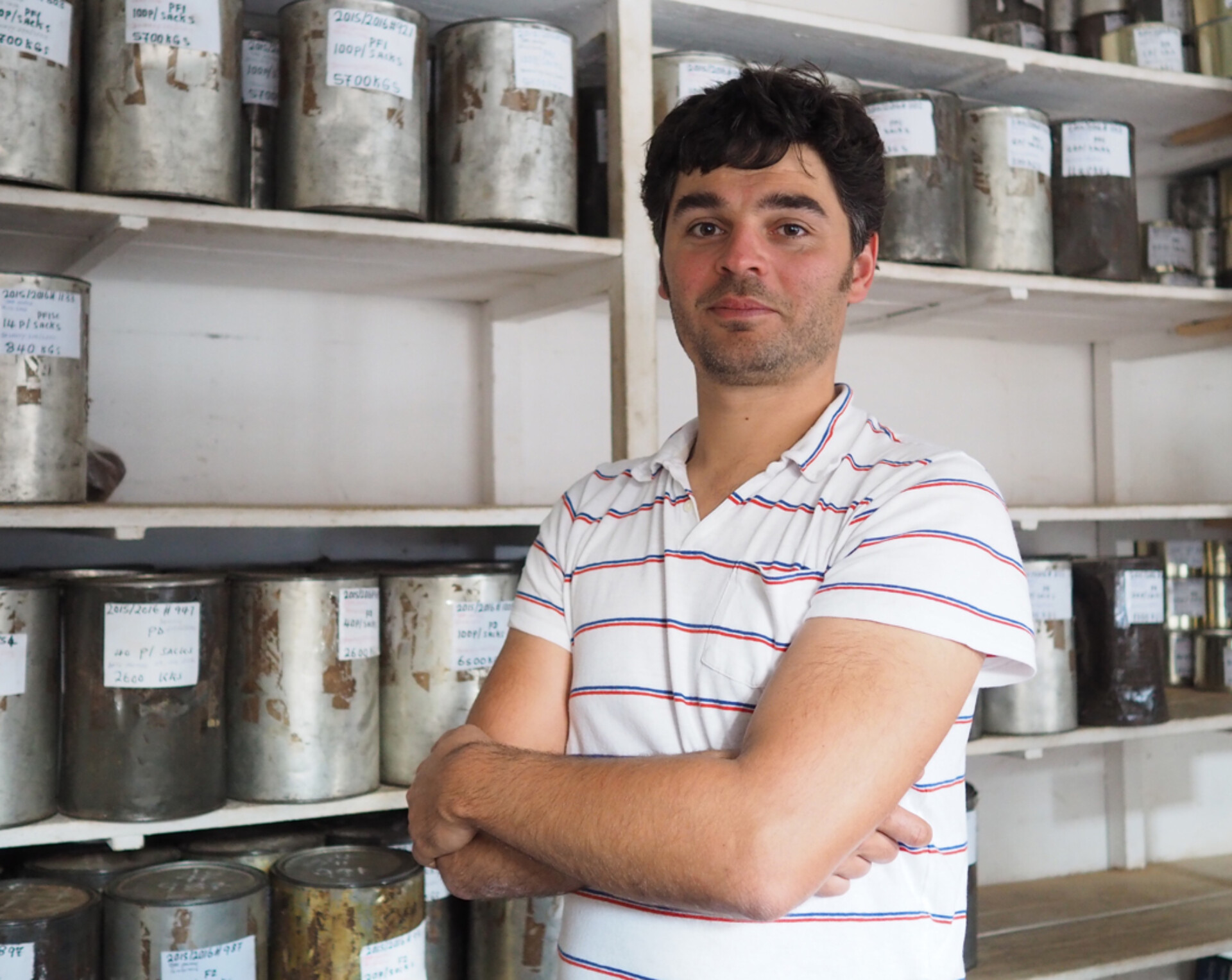
Wouter Verelst, the business manager at Satemwa, says his company tries to put women in various departments and positions because they feel that women are equal to men and they have the capacity to do the same job as men.
“A company needs to be a reflection of the society … and in a country where there is a lack of empowerment of women we feel that we have a responsibility to take women in our company”, Verelst.
Since Kambale became a supervisor, her female subordinates have become comfortable to discuss issues such as women’s health and sexual harassment and how they affect them at the workplace.
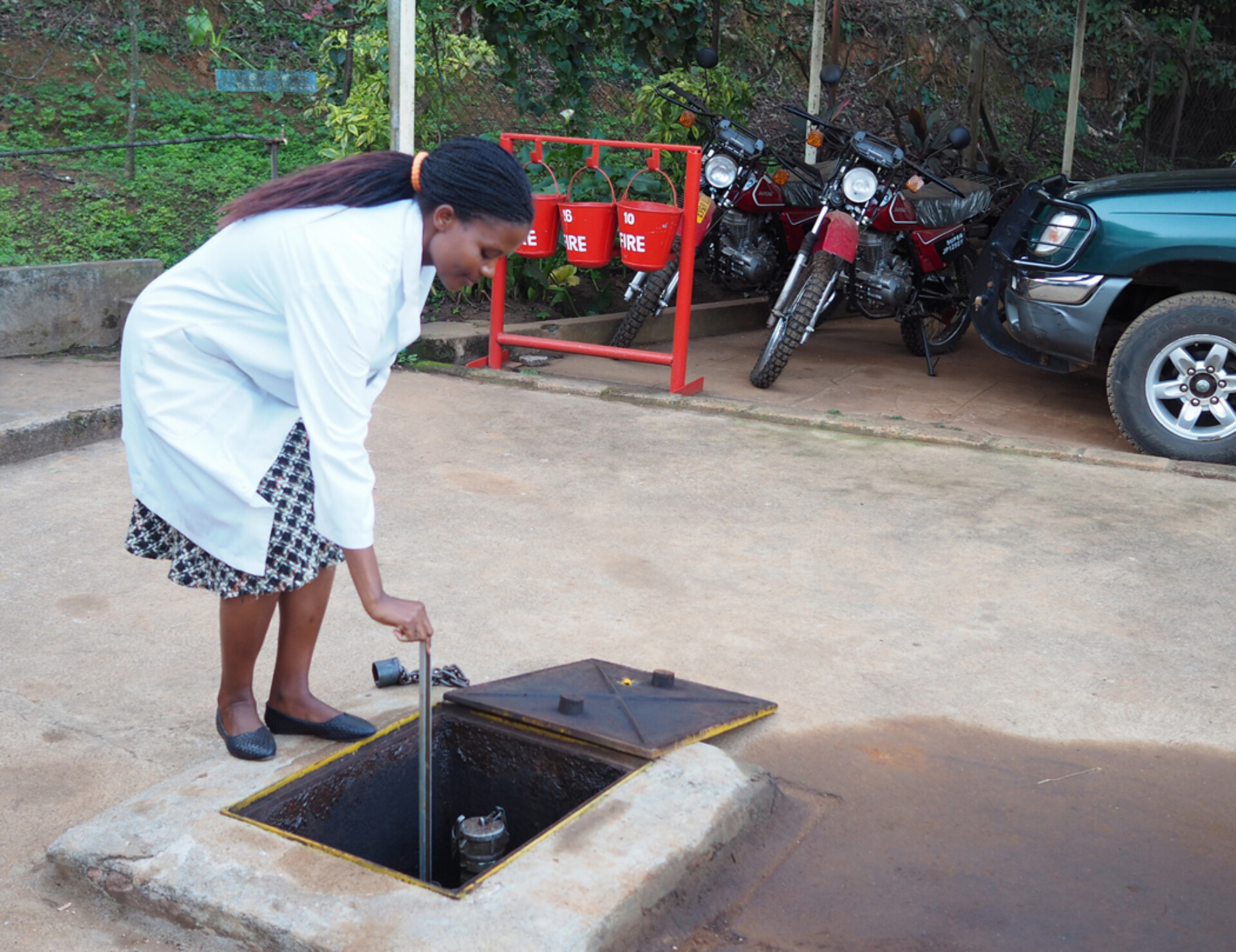
Two years ago, a woman approached Kambale and told her about the human resource assistant who wanted to take advantage of his position to sleep with her. Kambale advised the woman to take her complaint to the management. After investigating the case, the management decided to dismiss the man from the factory.
“They open up to me because I am their fellow lady but it would be difficult for them to express sensitive issues to a man”, Kambale said.
Stella Masurani, 33, started working with Satemwa 10 years ago as a radio operator but has been promoted to the fuel attendant since 2010. She finds it useful to have a female manager to whom she can discuss problems she faces at work compared to when she was reporting to a man.
Now, Masurani feels comfortable to discuss with her supervisor how her menstrual periods affect her performance at work, something she never discussed with her male supervisor. “For this issue, we were just quit”, she said.
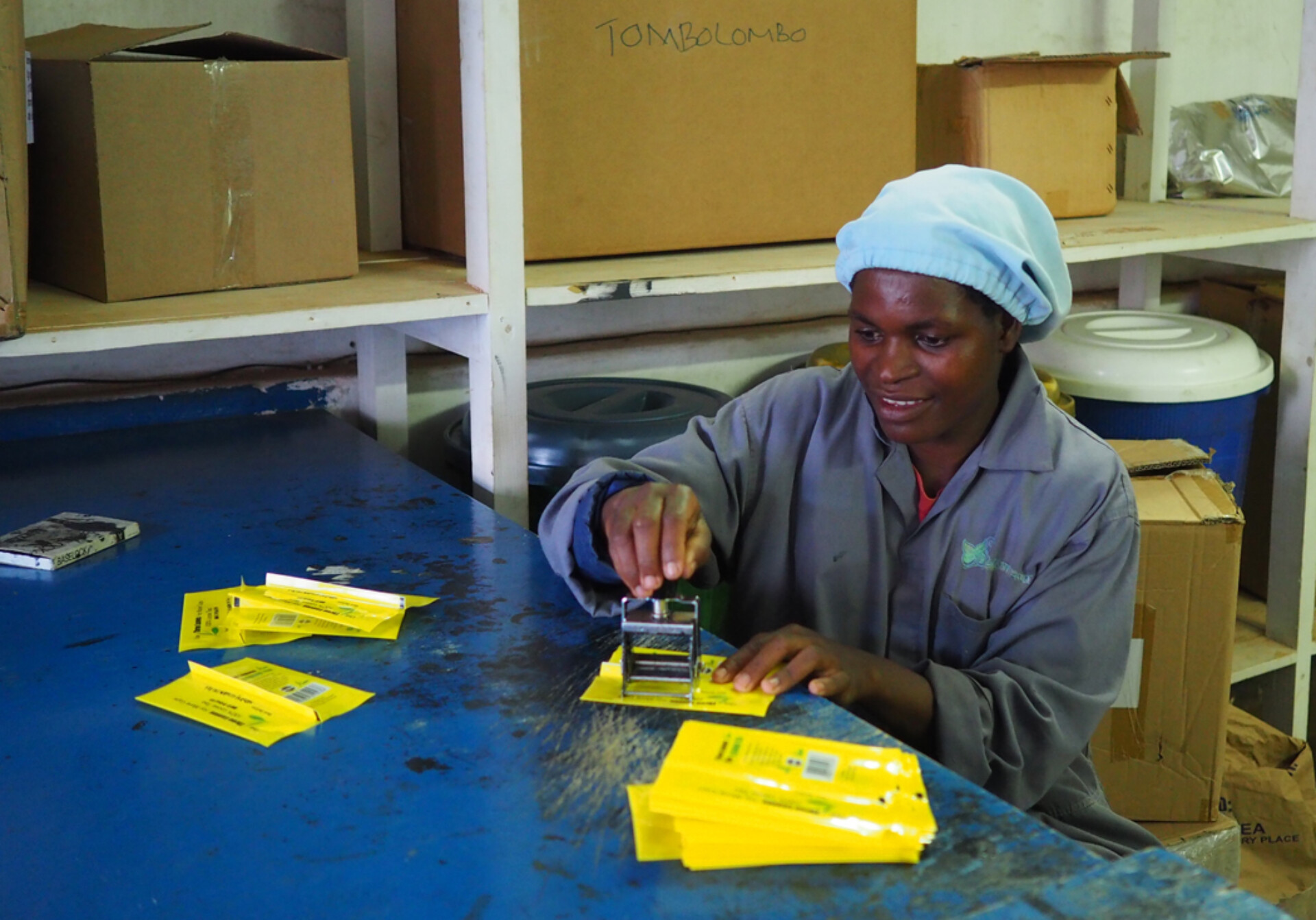
Thoko Chitoliro works in specialty tea department and is in charge of roasting and packaging tea. She says her previous male supervisor used to shatter workers without finding out why they didn’t complete the work they were supposed to do. This situation made Chitoliro afraid to discuss her problems with that supervisor. Whenever she had a concern related to her body she used to tell the female nurse working at the factory who would then relay the message to the management.
In addition to being a supervisor, Kambale also chairs a women’s committee where she advises her colleagues on issues like HIV/AIDS, sexual consent, family planning among others. Such committee didn’t exist when all supervisors were men.
The support and encouragement Kambale received from the management has also helped her to build confidence in the workplace and now she can advise and correct her male colleagues whenever she finds something is wrong. One day, her supervisor regretted not taking her advice to change the withering process because the tea leaves were plucked during rain.
“At first, he didn’t like my advice but when he realized the quality of the tea he produced was not good he came to me and said he will not do it next time”, Kambale said.
Kambale says she doesn’t face any particular challenge in her job as a woman, apart from balancing work and family. She lauds Satemwa management for giving her opportunity to show that women are capable. “I hope that managing directors from other estates could see the different way our bosses are doing”, Kambale.
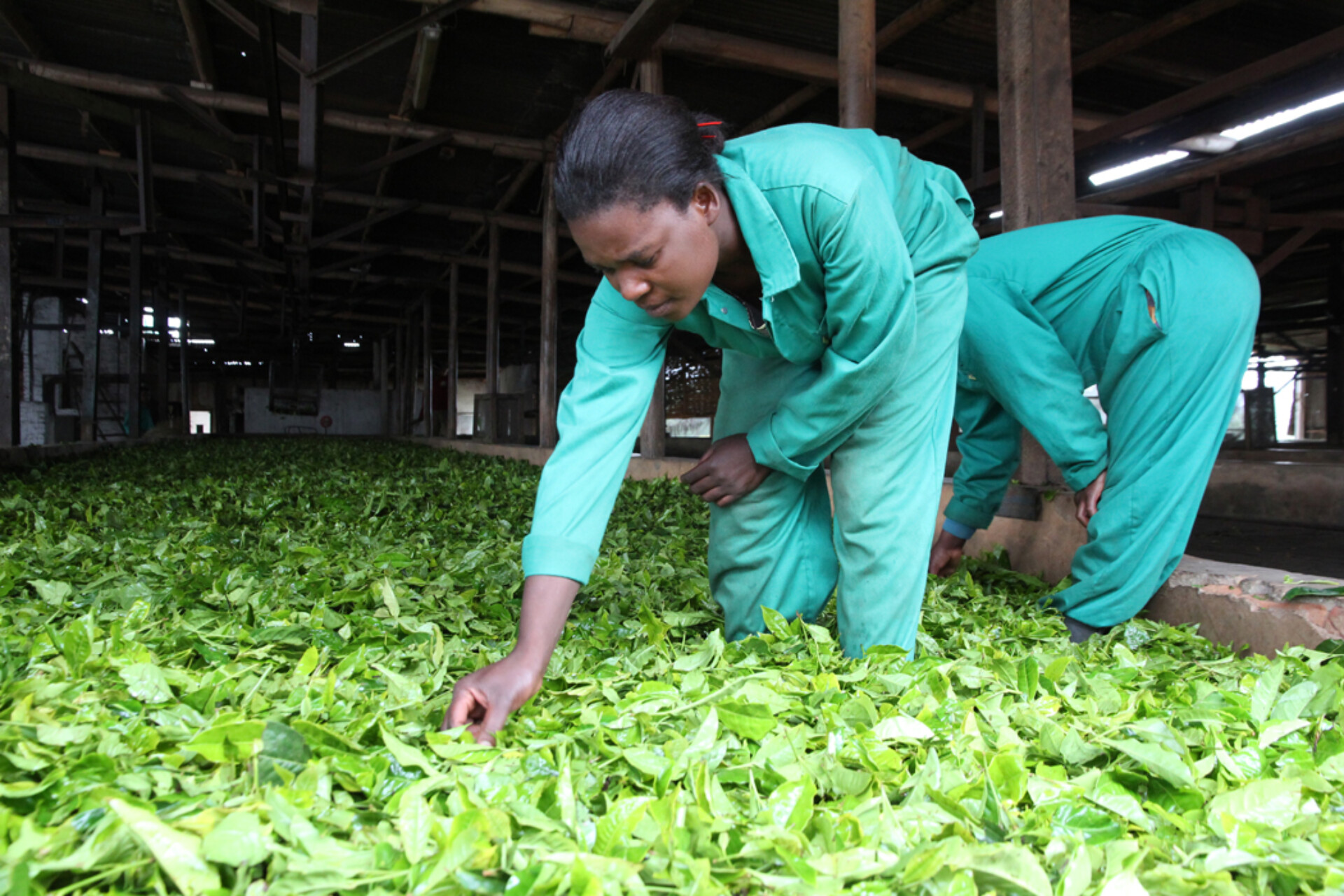
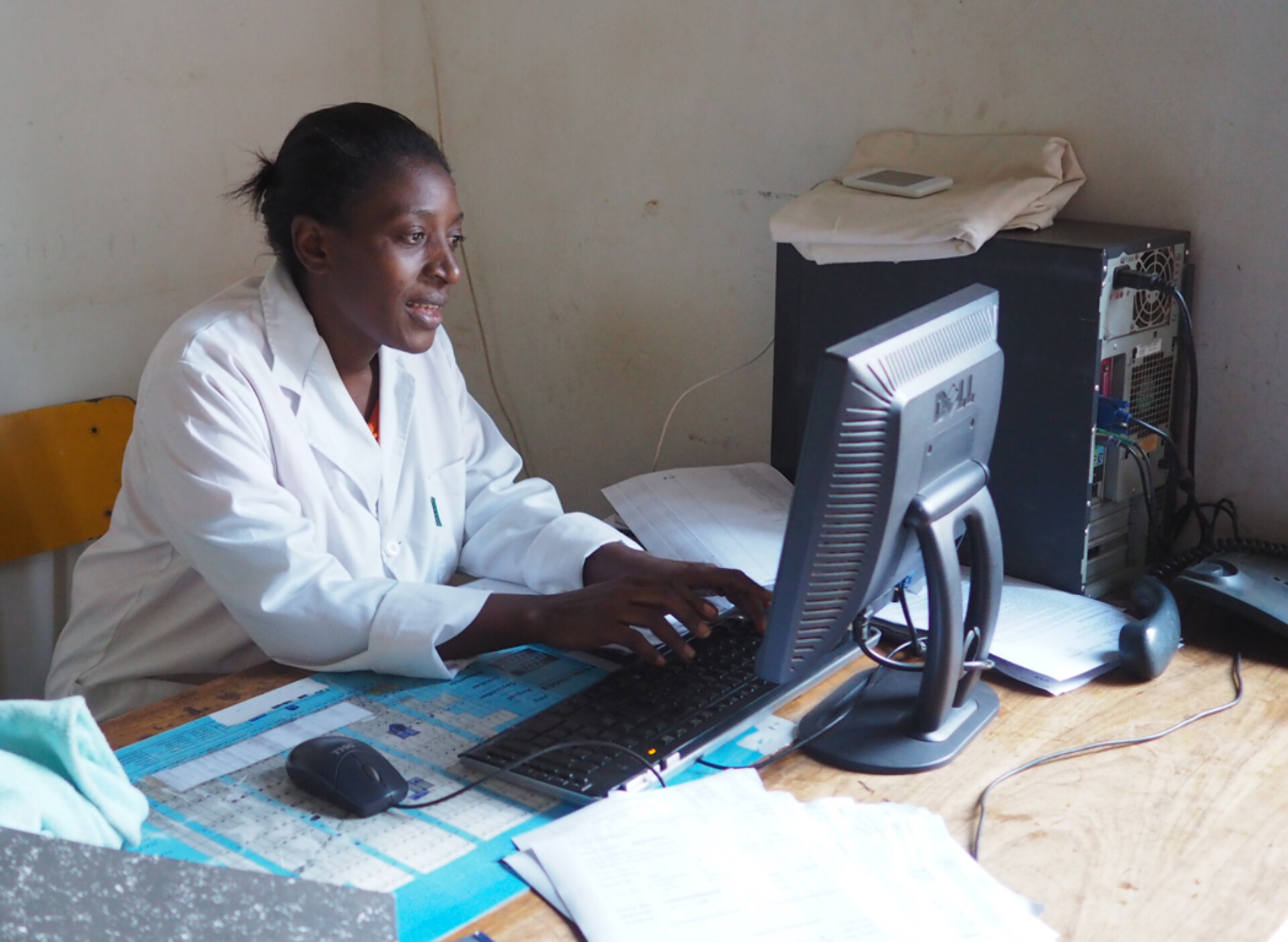
This month, WUSC Malawi and Tea Association of Malawi, through the Uniterra program, launched a one-year program to support the empowerment of women in the tea sector. The project will work to create a more rewarding employment for women by providing them with leadership skills and by increasing tea estate management’s knowledge and understanding of gender and labour laws.
